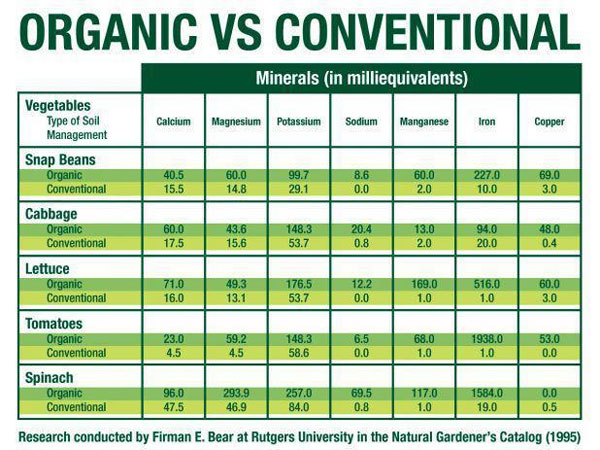Do you really need a multivitamin? The American Medical Association announced in 2002 that all adults should take a multivitamin to prevent chronic illness.

 Dr. Andrew Weil and Dr. Oz also recommend taking a good multivitamin each day. This, along with a healthy diet and plenty of exercise, will help to maintain you optimal level of health. Your diet should include at least 5-7 servings of vegetables and fruits each day – preferably fresh ones. If not fresh, work with frozen rather than canned (lower in nutrients).
Dr. Andrew Weil and Dr. Oz also recommend taking a good multivitamin each day. This, along with a healthy diet and plenty of exercise, will help to maintain you optimal level of health. Your diet should include at least 5-7 servings of vegetables and fruits each day – preferably fresh ones. If not fresh, work with frozen rather than canned (lower in nutrients).
What if you eat plenty of fruits and vegetables already? Isn’t that enough? Modern intensive agricultural methods have stripped increasing amounts of nutrients from the soil in which the food we eat grows. Research from the Kushi Institute reveals that from 1975 to 1997 there were significant drops such as:
- calcium levels in 12 fresh vegetables dropped 27%
- iron levels down 37 %
- vitamin A levels reduced by 21%
- vitamin C levels down by 30%

Consider this: A woman in 1951 would have gotten the RDA (Required Daily Allowance) for Vitamin A from 2 peaches. Today? She would need to eat 53 to equal this!
A study led by Donald R. Davis, PhD, at the University of Texas in Austin, demonstrated that farming for a higher yield per acre almost always resulted in lower nutrient levels in the fruits and vegetables – vitamin, mineral and protein levels reduced from 5-40%.
What can we do? Eating organic produce helps; soil is routinely supplemented at a higher level than in industrial farms. Studies indicate, for example, that organically raised tomatoes high significantly higher levels of lycopene and Vitamin C.
Take a good multivitamin. Good vitamins cost more than inferior ones so beware of the low discount brands. Plant-based multivitamins are more readily absorbed than synthetic-based vitamins, though they may cost more.
We will investigate how to pick the best multivitamin for you and your family in an upcoming article.
As always, read on to learn more. . .





Recent Comments